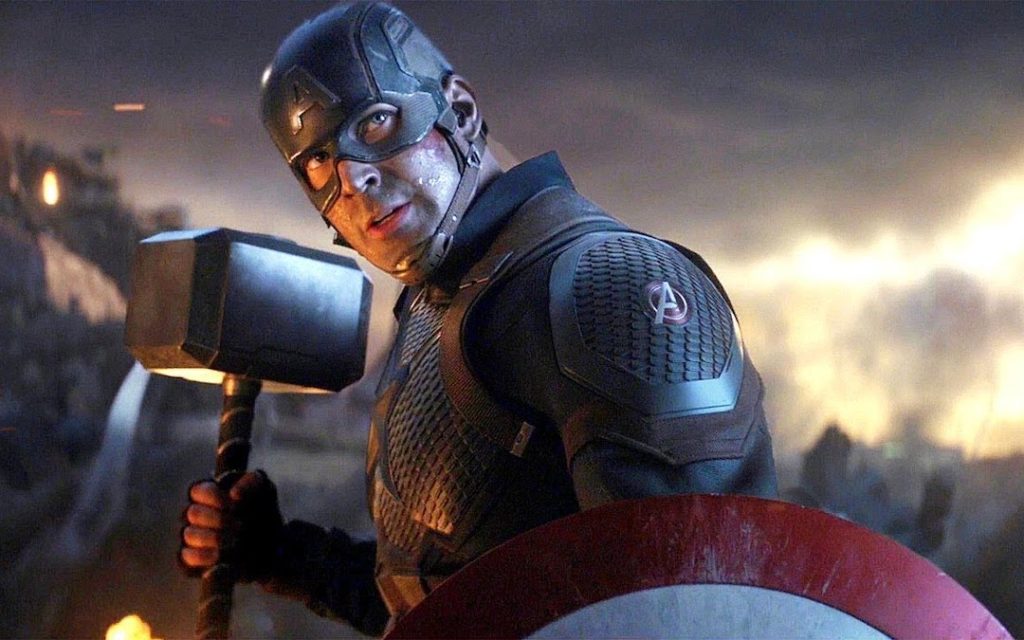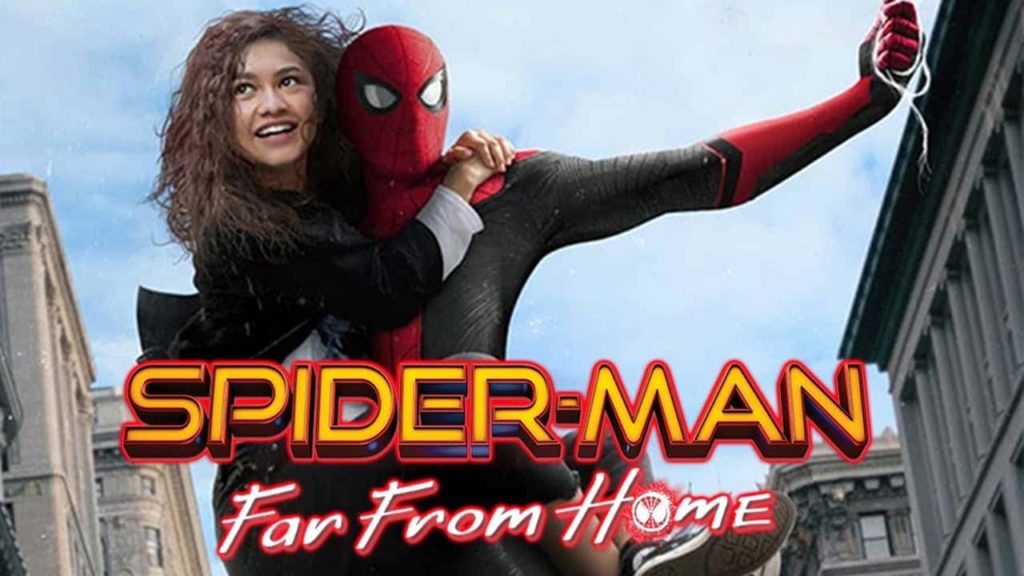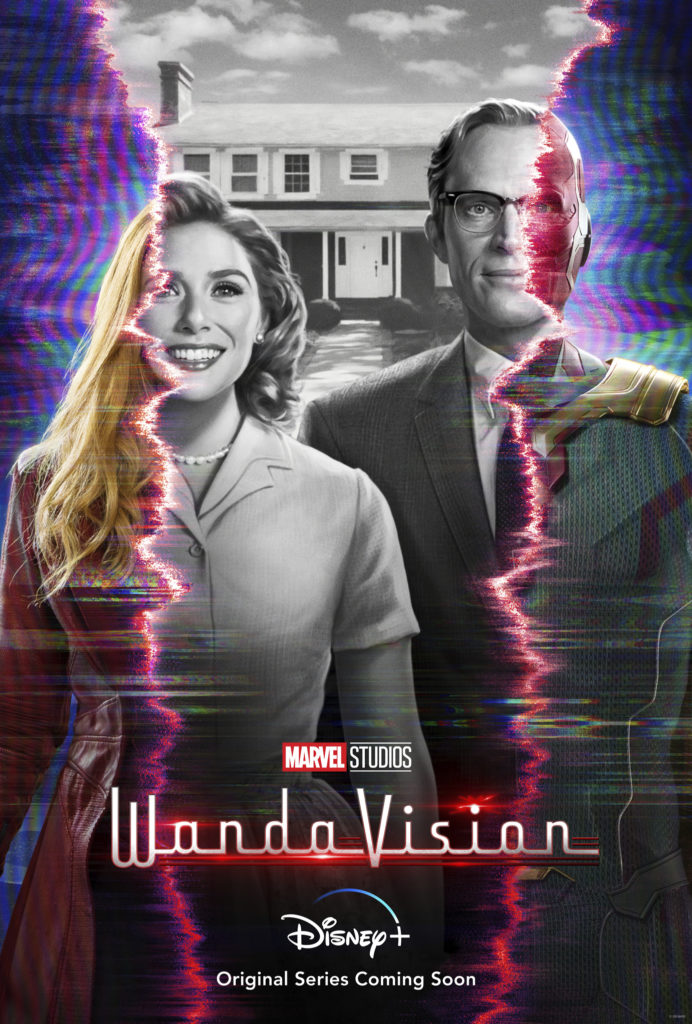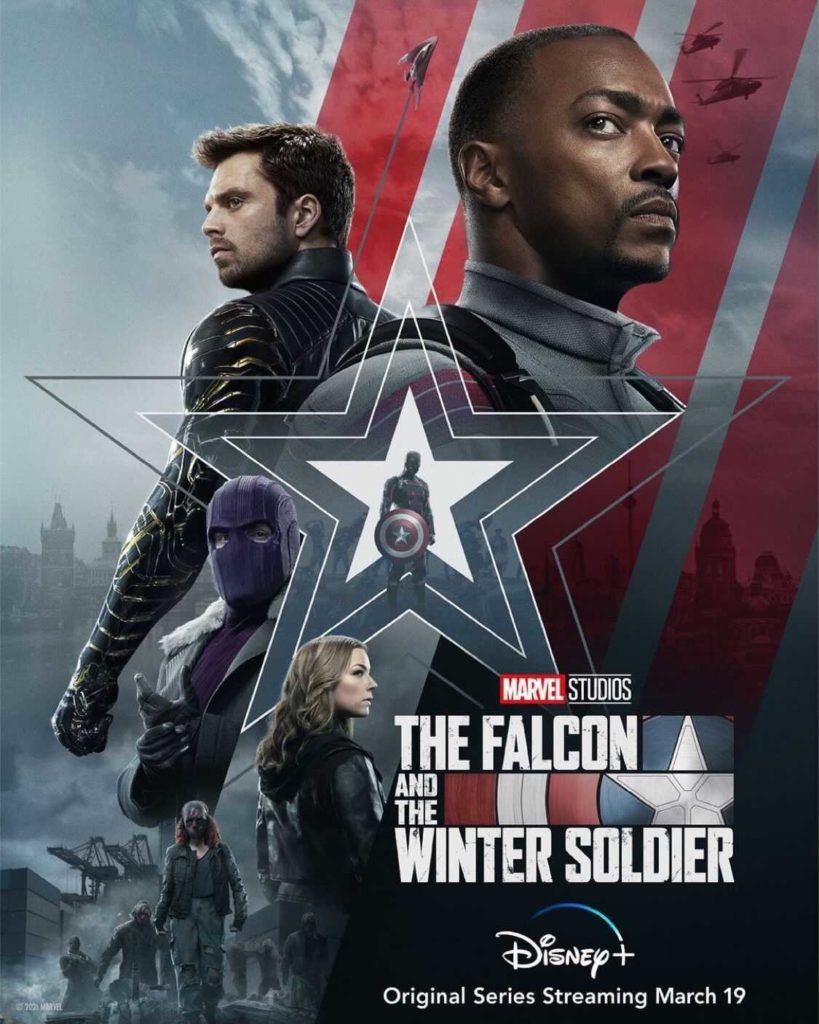It would appear that Kang (or Kangs) is/are the new Big Bad for MCU Phase 4. So, where do we go from here? Let’s take a look at what has officially been announced and try to piece together how Phase 4 will play out the challenge of Kang The Conqueror.
Disney+ Shows:
Below is the list of Disney+ shows, as it was released by Marvel Studios –
What If…? (Summer 2021)
Ms. Marvel (Fall 2021)
Hawkeye (Winter 2021)
Moon Knight (2022)
She-Hulk (2022)
Secret Invasion (2022)
Loki Season 2 (Late 2022?)
Ironheart (TBA)
Armor Wars (TBA)
Out of that list, Tom Hiddleston has said that What If…? will deal with the multiverse. But, it’s an anthology show, and will likely not be essential viewing for the Kang arc. Should be fun, though.
We can also assume that Loki season 2 will pick up where season 1 left off, which was with Kang’s conquest begun in-earnest. But, it would also just be an assumption that the whole season would be spent on that threat.
I believe the other shows, mainly featuring street-level, Earthbound heroes, will be following a different track than the one laid out by WandaVision and Loki. I think, perhaps, The Falcon And The Winter Soldier has set that other track to a new Avengers team that will culminate with the recently-announced Captain America 4. It makes sense that the MCU, now filling hours in movie theater as well as television, would start building in multiple different directions at the same time.
They may even build in a third direction, if they want to work towards a Young Avengers team. We’ve already seen a new, younger Black Widow in the Black Widow movie, Wiccan and Speed on WandaVision, and Kid Loki on Loki (complete with Gator Loki). Ms. Marvel and the new Hawkeye will be debuting on Disney+ later this year, not to mention they have announced an Ironheart show.
Movies:
Unlike Disney+ shows, I think the threat of Kang will be dealt with primarily in the movies. But there will be some notable exceptions.
Shang-Chi And The Legend Of The Ten Rings (Fall 2021) – From what we’ve seen, this likely won’t deal too heavily with Kang. Considering the shuffling of schedules and production that occurred due to the pandemic, Shang-Chi was probably always intended as a standalone movie that now happens to be releasing after the Kang reveal.
Eternals (Fall 2021) – The only trailers we’ve gotten don’t tell us much about the actual plot. Though, it does seem to span hundreds – if not thousands – of years on its own, so I wouldn’t expect there to be too much room for Kang.
Spider-Man: No Way Homes (Winter 2021) – Everything we’ve heard about this one suggests that it deals with the multiverse, and multiple Spider-Men, so Kang will likely factor heavily into this. If not directly, then certainly as a catalyst.
Doctor Strange In The Multiverse Of Madness (Early 2022) – There is a very strong, direct link from WandaVision to Loki to this movie. I expect this will be a place where we see Kang himself raising hell, while poor Stephen Strange tries very hard to clean up everyone else’s metaphysical messes.
Thor: Love And Thunder (Spring 2022) – We don’t know much about this, other than that we’ll see the Guardians Of The Galaxy (Thor’s new running buddies) and Jane Foster will wield Mjolnir. But, since Mjolnir was destroyed by Hela in Thor: Ragnarok, it’s not outside the realm of possibility that we’ll be seeing a different universe’s Mjolnir. And possibly a different universe’s Jane Foster as well. I would say that means we get some of the Kang Thang here.
Black Panther: Wakanda Forever (Summer 2022) – Due to the tragic death of Chadwick Boseman last year, this script has been re-written numerous times according to some cast members. The first Black Panther was mostly standalone, but Wakanda (or Wakandans) did play a big part in Infinity War and Endgame. At the end of the day, I have no idea whether or how this will involve Kang.
The Marvels (Fall 2022) – This is another one we don’t know much about, other than that the title was changed to involve Captain Marvel, Photon (not Monica Rambeau’s official superhero name yet in the MCU) and Ms. Marvel. Considering that Captain Marvel is one of the heaviest hitters they have, a time travelling supervillain may be the most realistic threat to her. I expect we’ll see a good bit of Kang in this one.
Ant-Man And The Wasp: Quantumania (Early 2023) – This is the movie that Jonathan Majors was first announced for as Kang and, considering how much the Quantum Zone factored into the time travel exploits of Avengers: Endgame, this may well be the culmination of Kang’s arc as the primary antagonist. One would assume that, if this ends up being the climax, it will be used as a sort of Trojan Horse Avengers movie, like Captain America: Civil War was. Which would mean we’d be seeing a lot more heroes than just the ones in the title.
However, it might be a stretch to assume that the threat of Kang will wrap up before Loki season 2, and there’s a very good chance that Loki season 2 is not ready to roll out before the release of this film. But they have stated that season 2 starts filming in January 2022, so they might make it under the wire here.
Guardians Of The Galaxy Vol.3 (Spring 2023) – If Kang is finished as the Big Bad of Phase 4 in Quantumania, GOTG V.3 could well be its own thing, with the freedom to have some fun, and potentially send off one or more of the core characters. But, there is one big factor to consider when thinking about the end of Phase 4, and that’s…..
Fantastic 4 (Summer – or later – 2023) – This movie was announced, as was director Jon Watts, as part of Phase 4. But we’ve had no word yet on a script or a cast. Kang was originally introduced as an F4 villain, and Marvel Studios got the rights to him back when they re-acquired the rights to F4. In comics continuity, he is a descendent of Reed Richards and Sue Storm, so that all ties in nicely to whatever the end of Kang’s story arc might be. Also, if they don’t actually have a proper Avengers movie to cap off Phase 4, the next best thing would be to welcome the First Family of Marvel to the MCU, while actually making a good F4 movie for the first time. And, hey, Phase 4 capping with Fantastic 4 just seems poetic.
Blade and Captain America 4 – I believe these two movies will end up falling into the early stages of Phase 5.
I fully expect Kang to be the Big Bad of Phase 4 but, unlike Thanos, I don’t see Marvel Studios carrying over these supervillains for multiple Phases. Especially now that they have the rights back to more of their best bad guys (Mephisto, Dr. Doom, Magneto, Galactus, Annihilus).
I could be wrong about that, but I feel like – at this stage of the MCU’s evolution – they won’t expect their audience to have the same sort of patience. Also, Kang is a immediate and ongoing threat. While Thanos didn’t even really make his presence felt until six years into the MCU’s existence (2014’s Guardians Of The Galaxy). He also didn’t truly become a clear and present danger until 2018’s Avengers: Infinity War.
This is all, of course, 100% speculation on my part. But, I’ve got to say, speculation is way too fun to just be a spectator sport. I guess we’ll see how right, or wrong, I am by 2023. Until then, I’m just going to enjoy watching every single one of these movies and shows.



